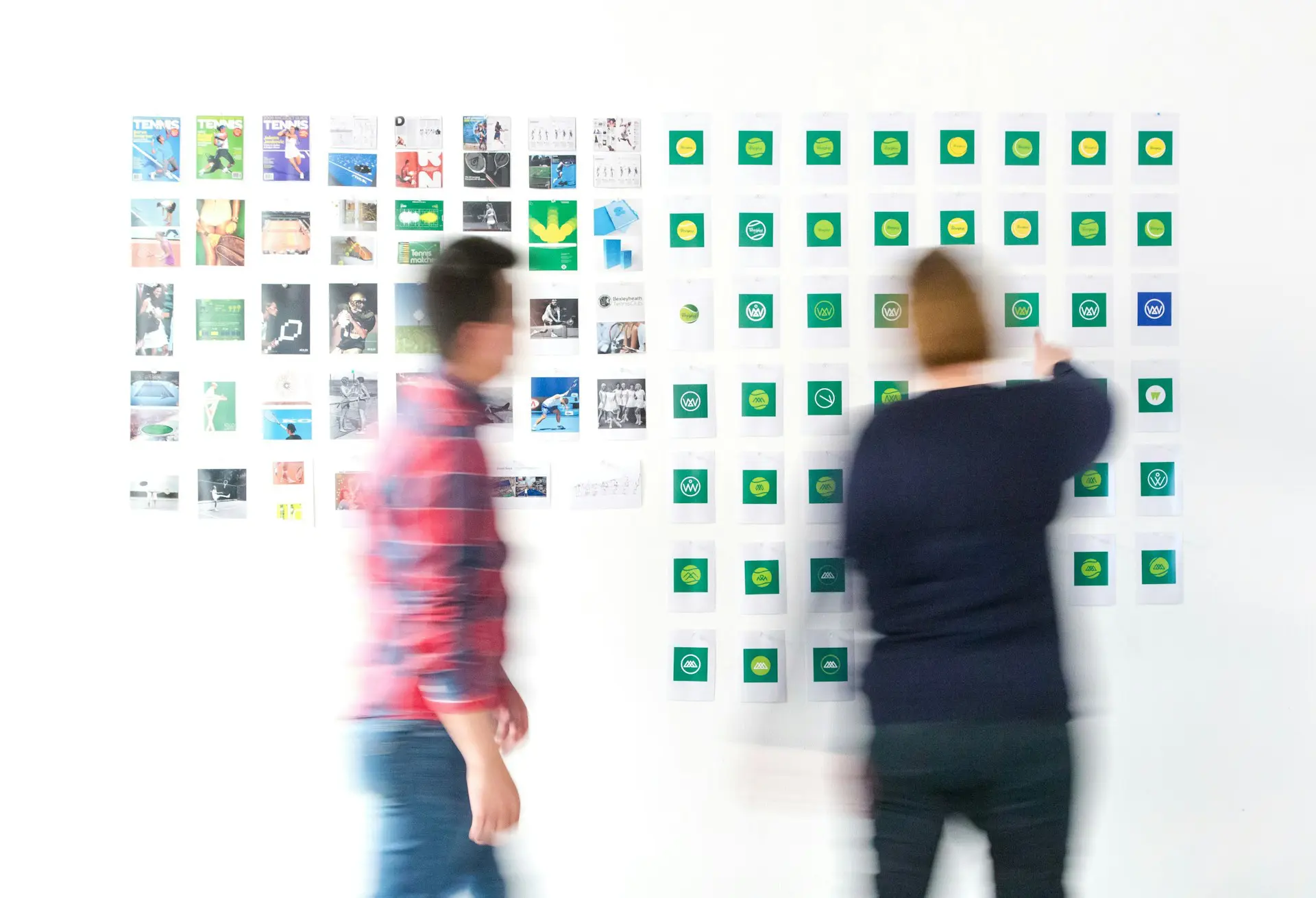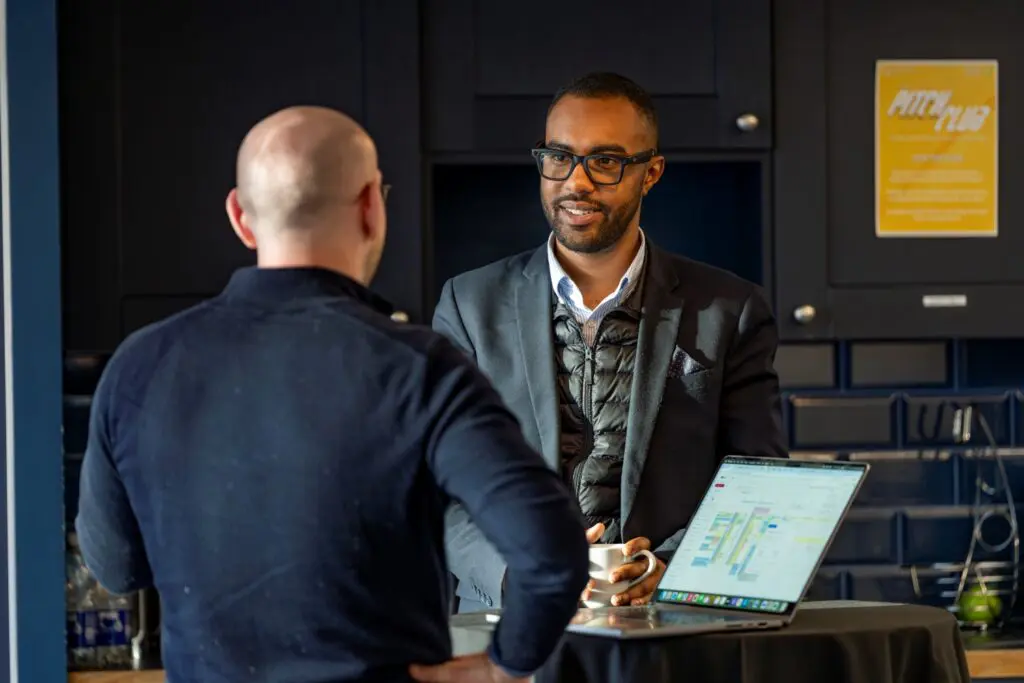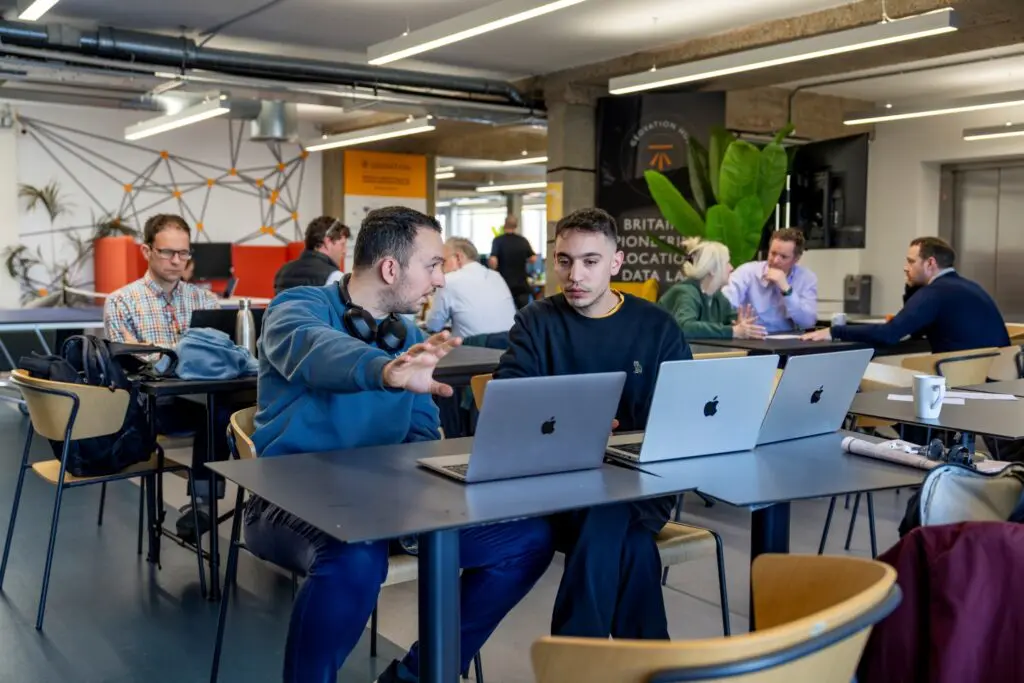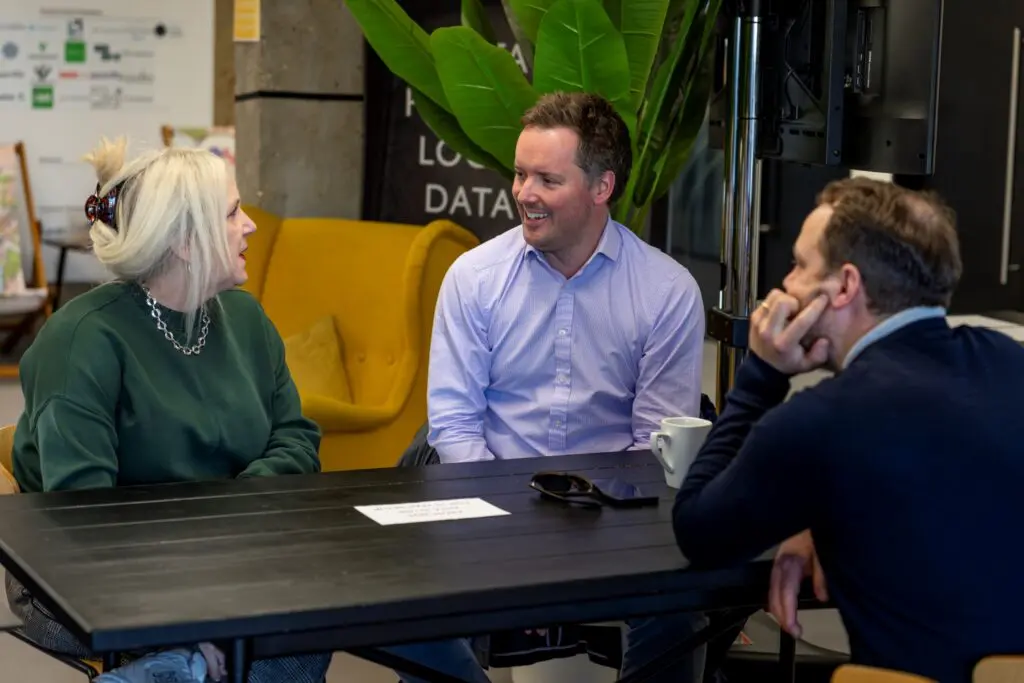Tech Series: How to Choose a Good Problem for Your Start-Up

Drawing on lessons from working with early-stage founders, Geovation’s own Jonathan Lewis outlines what makes a problem “sticky,” why timing and credibility matter, and how to build momentum around a challenge that truly needs solving. It’s a timely reminder that in tech, success isn’t just about innovation, but also about relevance, resilience, and real-world need.
Finding Good Problems
At Geovation, we believe in “loving the problem.” This phrase isn’t just catchy — it highlights an essential truth: while your solution may evolve, the problem you’re addressing will likely remain constant.

Like Glue – Not Twigs
Good problems are sticky. They should be complex enough that users struggle with them, and existing solutions don’t meet their needs. Think of big data: it was overwhelming for organisations to handle. Similarly, good problems should stretch your customers’ current capabilities.
Look for Flux
It’s easier to sell to customers who are open to change. Market shifts — whether driven by regulation or innovation — create opportunities. We’ve seen this across the sectors our start-ups support. Topics like retrofitting or Biodiversity Net Gain are now part of the vocabulary of decision-makers, who are increasingly open to new approaches.
You never want to be in a position where you’re telling someone they have a problem and then offering them a solution. Don’t be the door-to-door salesperson telling someone their soffit boards are faulty — especially when they didn’t even know what a soffit board was.

Credibility
Don’t expect to disrupt a space just because you’re new. Many people have had poor experiences moving house in the UK. While the process is convoluted and ripe for improvement, you can’t simply replace Rightmove with a peer-to-peer selling platform. To succeed in a crowded market, you need a credible backstory. Our best founders either had the background to justify their new direction or pivoted after disrupting a volatile space.
People Need to Believe
Don’t solve problems that people can ignore. Creating something new requires significant effort. You need momentum — which means support from individuals and organisations.

Discovering Insights, Fostering Innovation
We’re excited to launch a new blog series exploring the intersection of technology, innovation, and impact, and how these forces are shaping the future of business and beyond. Over the coming months, we’ll be sharing insights from across the ecosystem — from AI and data ethics to digital transformation and startup growth.
As we explore the role of technology in solving complex challenges, this first post reminds us that innovation doesn’t start with code — it starts with curiosity, empathy, and a deep understanding of the problem at hand. Technology, including location data and AI, can be powerful enablers. But their impact is finite unless they’re applied to problems that are timely, credible, and meaningful. As this series unfolds, we’ll continue to explore how to balance experimentation with delivery — and how to ensure that innovation remains grounded in the real-world needs of people and places.
About Us

Lewis leads the Tech Team at Geovation. He has a wealth of experience in building complex scalable geospatial solutions to solve business needs. He loves a good map, and anything related to data. Our Tech Team sits at the heart of the Geovation community providing technical expertise, connecting startups to our network and signposting development resources to help them grow.
At Geovation, we support start-ups through our award-winning Accelerator Programme, funded by HM Land Registry (HMLR) and Ordnance Survey (OS). If you think your start-up could benefit from a programme that helps unlock the value of location, or land & property data, register your interest, or join our Ecosystem.